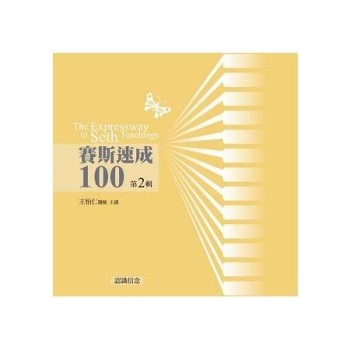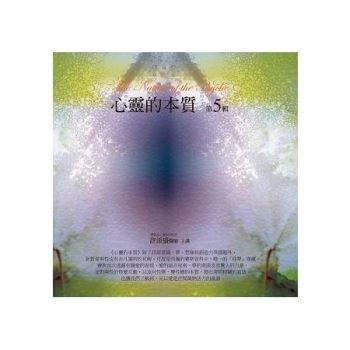Any scholarship that addresses the evolution of Christian perspectives on warfare generally references this book. first published in 1960. Although the scholarship of this work is now outdated and critiqued, Bainton’s work is foundational in the area. Bainton believes that the Christian community started out pacifistic, then developed the just war doctrine, and finally adopted holy war ideals. He traces this trajectory from the Early Church up through the wars and conflicts of the 20th century. Finally, Bainton adds his critique of current militaristic ideas, especially in regards to atomic warfare. (from a review by Andrew Lumpkin) ""This is a book to own, give, and recommend."" --Kirkus Reviews ""No man of the day is better qualified to deal with the intricacies of Christian ethics than Professor Bainton of Yale University Divinity School. He is thoroughly familiar with the literature of the subject and is a graceful and lucid stylist. Christians of all denominations will profit from his thoughtful reflections on our contemporary dilemma in the final chapters."" --Library Journal ""This is a vastly readable text that can furnish the background every Christian needs to rethink his own attitudes toward war and peace."" --International Journal of Religious Education ""Every churchman--layman or cleric--ought to read this book, as should every statesman. It just might restore some sanity to the age--while there is still time."" --United Church Herald Roland H. Bainton (1894-1984) was Titus Street Professor of Ecclesiastical History at Yale University Divinity School for forty-two years. He wrote well into his retirement and authored many books, including Here I Stand: A Life of Martin Luther.
| FindBook |
有 1 項符合
Christian Attitudes Toward War and Peace: A Historical Survey and Critical Re-evaluation的圖書 |
 |
Christian Attitudes Toward War and Peace: A Historical Survey and Critical Re-evaluation 作者:Bainton 出版社:Wipf & Stock Publishers 出版日期:2008-09-01 語言:英文 規格:平裝 / 299頁 / 21.3 x 13.7 x 1.8 cm / 普通級 |
| 圖書館借閱 |
| 國家圖書館 | 全國圖書書目資訊網 | 國立公共資訊圖書館 | 電子書服務平台 | MetaCat 跨館整合查詢 |
| 臺北市立圖書館 | 新北市立圖書館 | 基隆市公共圖書館 | 桃園市立圖書館 | 新竹縣公共圖書館 |
| 苗栗縣立圖書館 | 臺中市立圖書館 | 彰化縣公共圖書館 | 南投縣文化局 | 雲林縣公共圖書館 |
| 嘉義縣圖書館 | 臺南市立圖書館 | 高雄市立圖書館 | 屏東縣公共圖書館 | 宜蘭縣公共圖書館 |
| 花蓮縣文化局 | 臺東縣文化處 |
|
|
圖書介紹 - 資料來源:博客來 評分:
圖書名稱:Christian Attitudes Toward War and Peace: A Historical Survey and Critical Re-evaluation
|











